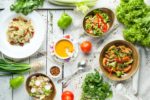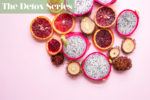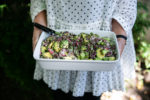Unmasking COVID-19 at Parsley Health with Founder & CEO Dr. Robin Berzin, M.D.
Parsley Health’s founder & CEO leading today’s functional medicine revolution shares her expert advice for taking our health into our own hands.
Before kale was cool, before telemedicine was trending and before the microbiome was a front-page celebrity, Dr. Robin Berzin, M.D. was already taking a unique, holistic approach to medicine. Since founding Parsley Health in 2016, she has single-handedly revolutionized the healthcare system. Robin’s high-tech, personalized medical practice combines nutrition, lifestyle and cutting-edge medical testing. Parsley Health’s mission is simple: to modernize functional medicine modern and make it accessible for everyone.
The teams at Parsley look at the big picture. Instead of pushing miracle pills or invasive procedures, they advocate for lifestyle changes. When patients require supplementation, Parsley makes sure they’re done right. With an online magazine and newsletter that reaches 40 states and abroad, Parsley has been providing digital concierge medicine long before the current healthcare crisis. Now more than ever, the highly qualified doctors at Parsley are still working to help diagnose patients. How? Online screenings, facilitated access to local testing and accurate, honest information.

Berzin herself is also a champion of multitalented multitasking. A summa cum laude graduate from the University of Pennsylvania, Berzin completed medical school at Columbia University and trained in Internal Medicine at Mount Sinai Hospital in NYC. Having raised millions of dollars in funding to provide personalized telemedical care nationwide, Parsley is one of the most successful personalized medicine practices to date. Berzin also happens to be a certified yoga and meditation teacher, as well as the mother of two small children.
We met when you were in the early stages of launching Parsley. The health world has changed so much since then and even more so in just the past few months. How has the COVID-19 crisis changed your practice and healthcare in general?

I call it, ‘The Great Acceleration.’ The virus has truly accelerated everything by two years and several months. Trends we were moving towards before this happened are now more prevalent. If there’s any silver lining in this crisis, it is the mass adoption of telemedicine. I hope that insurance companies will pay equally for telemedicine since everyone—everyone—deserves access to high quality healthcare.
The data shows us that the people who are most likely to get very sick and succumb to the disease are older people or people with underlying conditions – particularly diabetes, heart disease or lung diseases. While we also hear about seemingly young, healthy people in ICUs—and this scares me too—these are exceptions to the rule. Severe cases in otherwise healthy people are not common according to the statistics to date. In fact, 80% of COVID-19 deaths in the US have been with people over the age of 65.
I think what this question speaks to is a bigger concern: If you’re young and otherwise healthy, how can you reduce your risk? The answer is that we should be taking steps to reduce exposure by following social distancing protocols, wearing a mask, washing hands and staying home in parallel with working to boost our immune systems.
So you’re saying that there are things we can actively do today to build stronger immune systems to respond to this disease?
Yes, we can build our immune system to respond to this disease and also others. I hope that this message doesn’t get lost in all this. I hope that people don’t say: “There’s nothing I can do – I’m either elderly and frail or I’m just randomly going to get sick so who cares.”
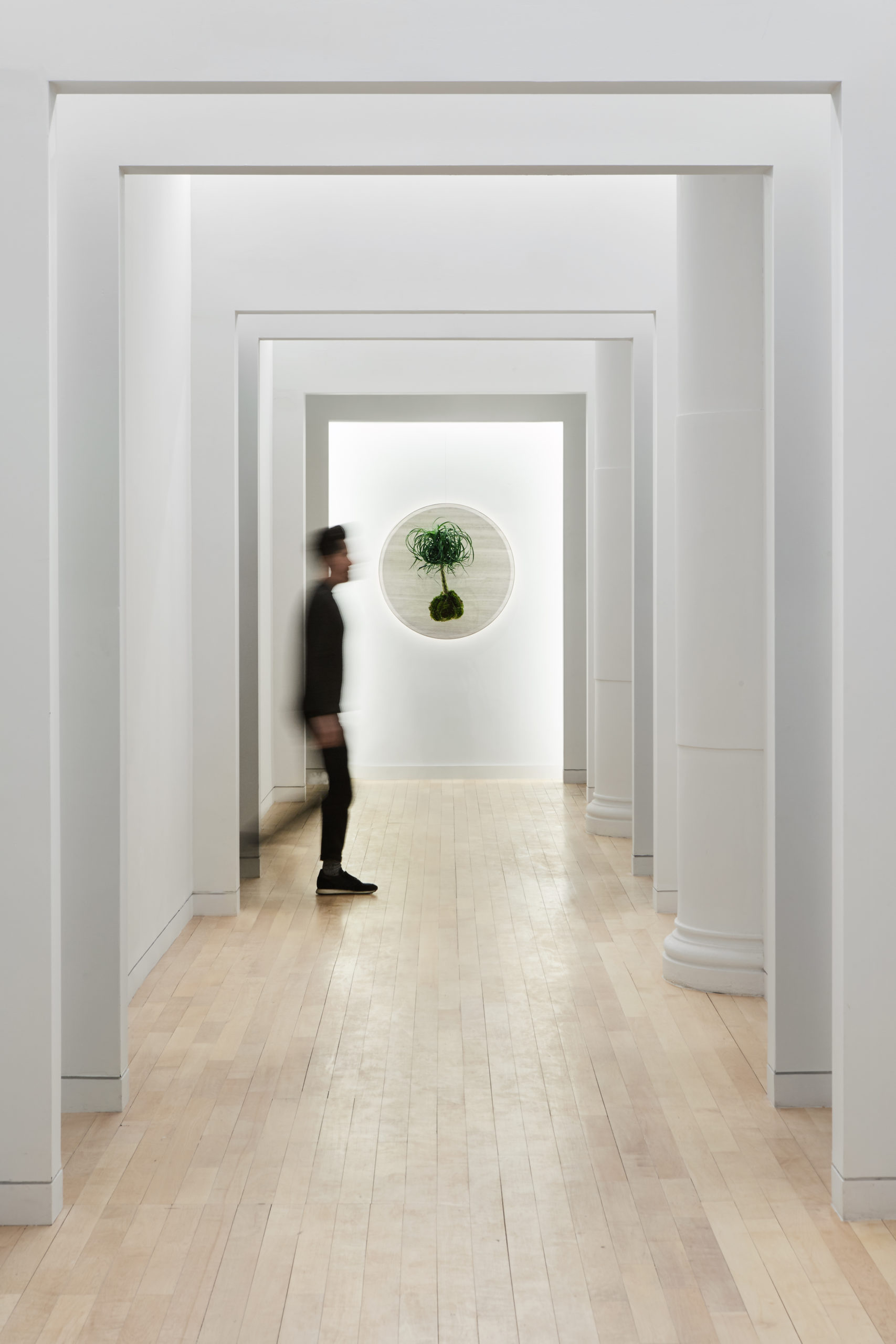
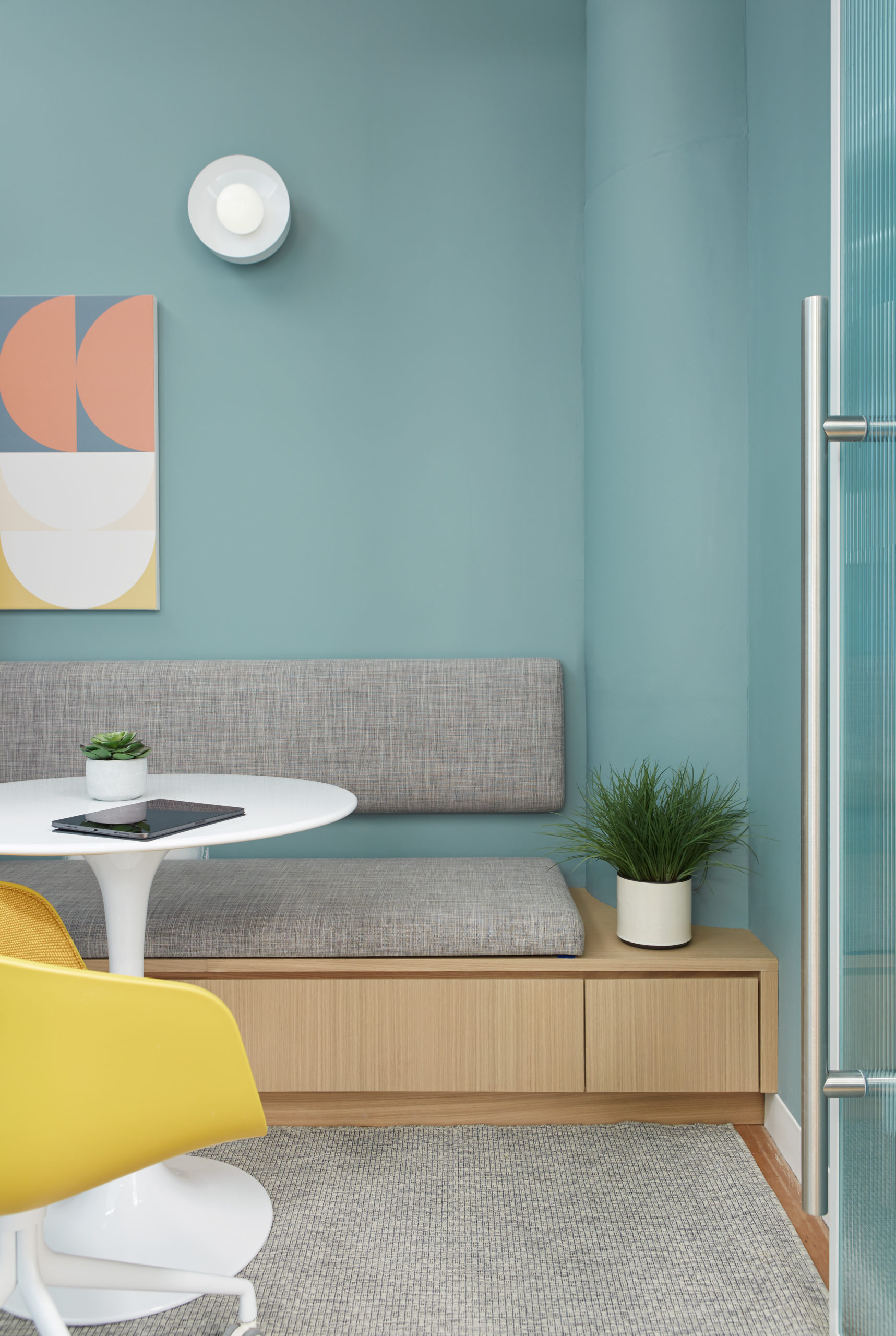
The vast majority of younger people who are getting seriously ill have underlying conditions. ICUs are not filled with people who are 40 and in the best shape of their lives, so let’s be honest with ourselves about that. This means that, for most people, there is a lot we can do to improve our immune systems and our health.
Northwestern, for example, just did research showing that mortality rates are potentially higher in those who are deficient in Vitamin D after controlling for all other factors, including age and underlying conditions. Vitamin D is an important immunoregulator, so it’s not surprising to me.
So how can we boost our body’s natural defenses?
By cutting sugar out of your diet and getting your blood sugar and metabolism under control. This is one of the first steps you can take to strengthen and regulate your immune system. The way you eat is a huge driver of the potentiation of your immune system.
When we eat refined carbs, refined flours and sugar (90% of the American diet is ultra refined) we start a domino effect. We create metabolic disarray that leads to weight gain and blood sugar imbalances that ultimately lead to diabetes and heart disease. It’s a cascade. People should be hopeful that they can unwind that cascade by changing the way that they eat, changing the way that they move, and how they manage stress. These three behaviors can unwind that pathology and can make us stronger.
How does gut health play into all of this? We know that immune health starts with the gut, so what is the relationship between COVID-19 and the microbiome?
Currently, we don’t know why COVID-19 seems to cause gastrointestinal symptoms or the exact relationship between COVID-19 and the microbiome.
We have to remember that 70% of our immune system is in our gut.
In general, good gut health is good immune health. This means eating a low inflammatory diet, not eating a lot of sugar or alcohol, not overusing medications like Ibuprofen and antibiotics that disrupt the gut lining and microbiome. We have to remember that 70% of our immune system is in our gut. Our gut’s immune system is also regulated by the microbes in our gut in ways that we understand and in ways that we’re still learning about.
What’s interesting is that this virus will be studied globally in a way that few other viruses have been. I have no doubt that, in the future, we will find correlations and really interesting insights between particular gut microbes and their interactions with COVID-19.
So what can we do today for a healthier gut?

What you put in your mouth every day determines what lives and dies in your gut. This means eating lots of fruits and vegetables, whole foods and unprocessed foods, cooking your meals instead of eating packaged products, and taking a good lactobacillus, multi-strain probiotic. So many people live with chronic digestive issues and ignore them.
If you have chronic bloating, gas, constipation, diarrhea, or acid reflux, these are smoke signals from your body that there is fire. It’s not your body trying to distract you and be annoying – it’s your body trying to give you information; listen to that. If you’re lucky enough to be home right now, this is a great time to address these issues. Get information and start taking care of these things that you might have been ignoring for a long time.
Speaking of being home right now, even though we’re not in our daily lives rushing from one thing to the next, I think people are more stressed and anxious than usual. How does this affect the body, the gut, our immune systems, and what can we do to stop it?
For so many people, anxiety and stress often manifest in the body first and we don’t always make the connection. We have a nervous system in our GI tract called the enteric nervous system. That has more neurons in it than all of the nerves running through our entire body, in our peripheral nervous system. 95% of the serotonin of our body is in our gut. So, that feeling of butterflies in your stomach is real.
The mind and body are not separate.
While the habits of our lives have changed and, there’s a lot of existential and collective anxiety right now. The mind and body are not separate; they are intimately connected. Taking care of your mind through stress-reduction practices like meditation and exercise can have profound effects on your immune system and your digestive health. Vice versa, eating well, moving and meditating are physical ways of transforming your mental state. We forget how much power we have to shift our mental state and perspective with physical changes.
What can we do for emergency stress relief in these trying times? If you had to put together a “First Aid Kit” for mind-body healing with tools we can reach for whenever we needed, what would be in it?

I recommend:
- A simple breathing practice. This can even be straight from your bed. It’s just a 5-minute meditation to start the day. Inhale for 5, hold for 2, exhale 5, hold 2, and repeat. Meditation can be an intimidating word; it doesn’t have to be fancy, but it really sets your mind for the day.
- Getting outside. As simple as it sounds, even just taking a short walk resets your sense of the day and is extremely grounding. If you’re in a city, walk around the block before you just go straight from bed to the computer.
- Movement. The body was designed to process emotions through physical movement. This doesn’t have to be going to the gym. It can be a yoga class online, lifting a 10 lb weight in your bedroom, jump squats, or even dancing! It’s a great way to process emotional energy. The more you move, the more you balance blood sugar; the more you balance blood sugar, the better your mental health; the better your mental health, the better you feel.
A lot of people who never paid attention to their health are suddenly realizing it’s perhaps worth a greater investment. Where can a beginner… Begin?
First of all, we have an amazing, free guide at Parsley. It’s all written down in one place, authored by our own physicians, and will give you the skinny on how to transform your diet, mental health, exercise and more. I think it’s a very empowering tool.
Next, do a pantry sweep. You’re saying: “I have choice of what I keep in my home.” If you’re able to, get rid of processed and packaged foods – and really commit. You have this extra time you’re not spending commuting, so chop up some vegetables, boil some quinoa, steam some fish – really take this opportunity to get comfortable making more home-cooked meals.
Breathing practices once or twice a day are also key for mental health maintenance.
As our kitchens become the new restaurants, has the home become the new doctor’s office? As telemedicine gains momentum, what do you think the future of medicine will look like?

All of medicine will not be telemedicine, but I think we’re going to move to a baseline of telemedicine with specific things in person as opposed to the other way around. I think we’ll move to a more personalized type of medicine where we do a lot more remote monitoring, like taking our blood pressure, measuring oxygen saturation, or doing diagnostic testing at home.
Overall, we’re going to be—I hope—a lot more empowered when it comes to our health. It is going to be on us to be more engaged in being the masters of our own health. We’ve been asked as a society to suddenly take ownership of our health simply through social distancing and staying informed in a way that we collectively haven’t in the past. I hope that empowerment carries through.
Photography by Reid Rolls
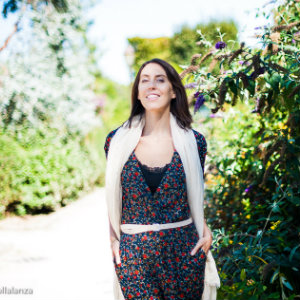
Rebecca Leffler is a Paris-based writer and journalist who, after a career as the French correspondent for The Hollywood Reporter and as a film critic on Canal+, traded red carpets for green smoothies. She’s written five books about healthy lifestyle from Paris to NYC and beyond, including Très Green, Très Clean, Très Chic: Eat (and Live!) the New French way with plant-based, gluten-free recipes for every season, and most recently Le Nouveau Manuel de la Cuisine Végétale. Rebecca has pioneered the “vegolution” in Paris, where she continues to organize events focusing on healthy eating, yoga and la vie en rose… And green! You can keep up with Rebecca on Instagram!





